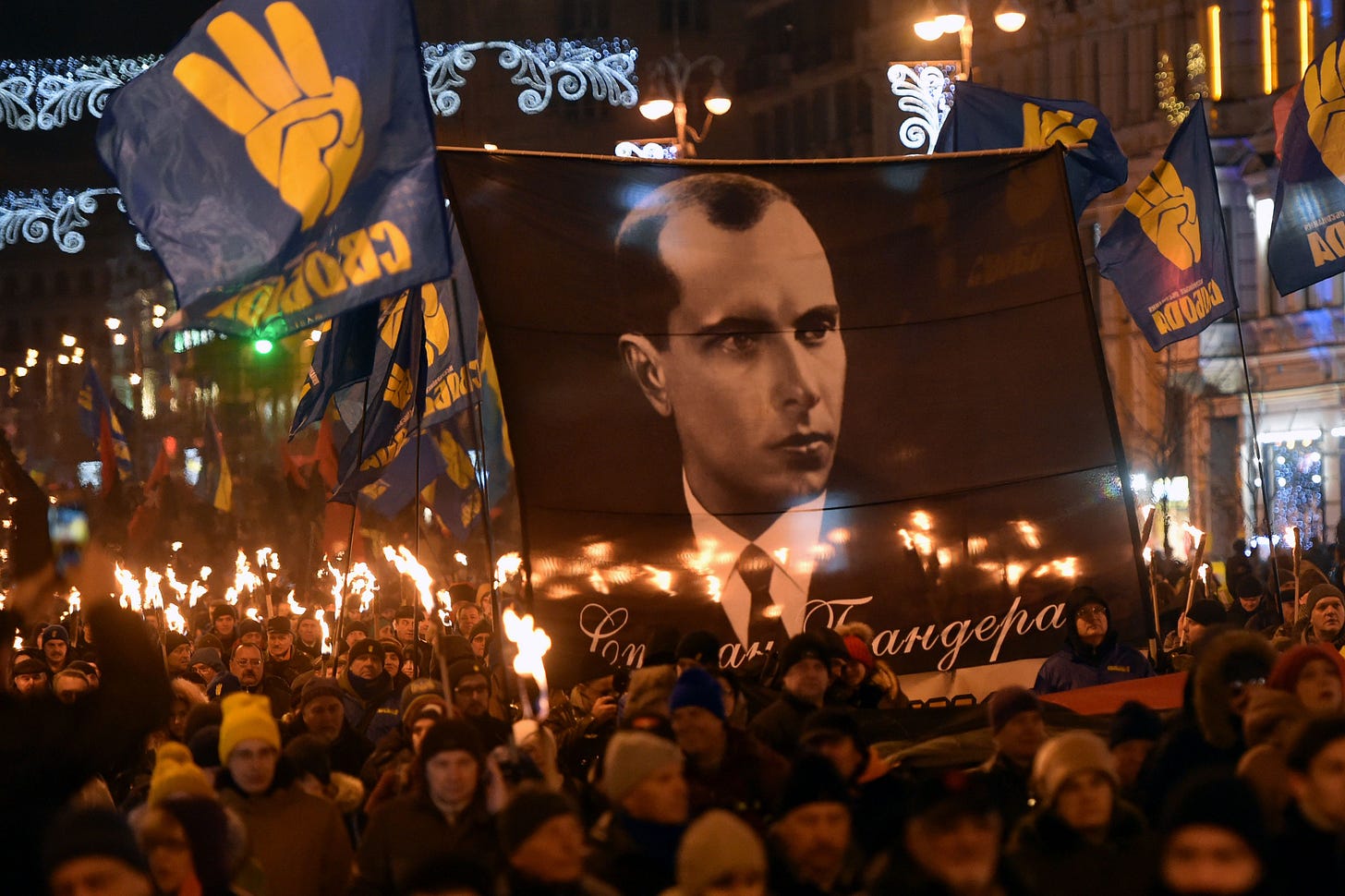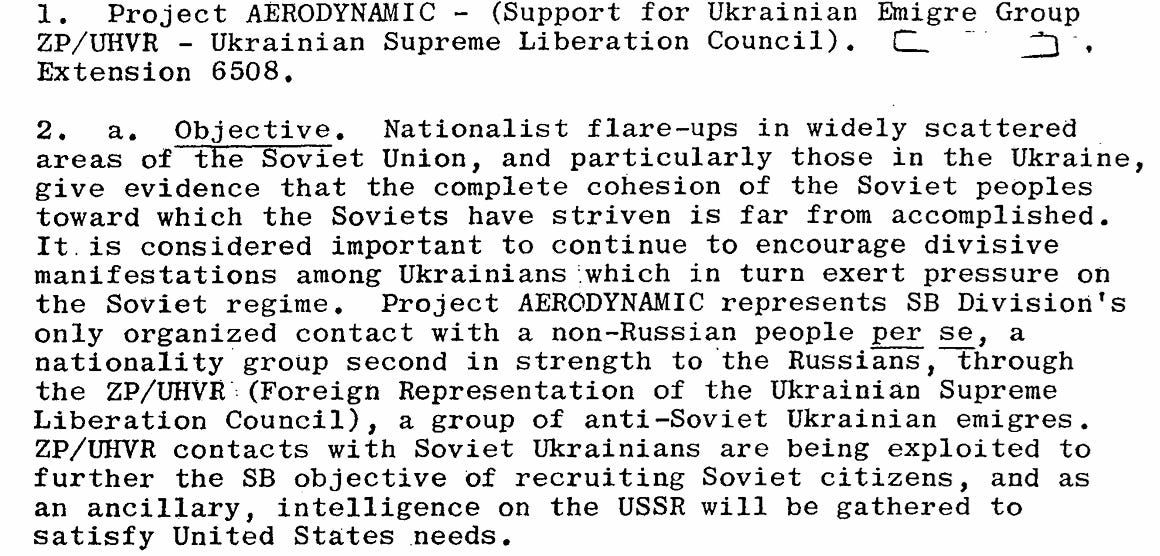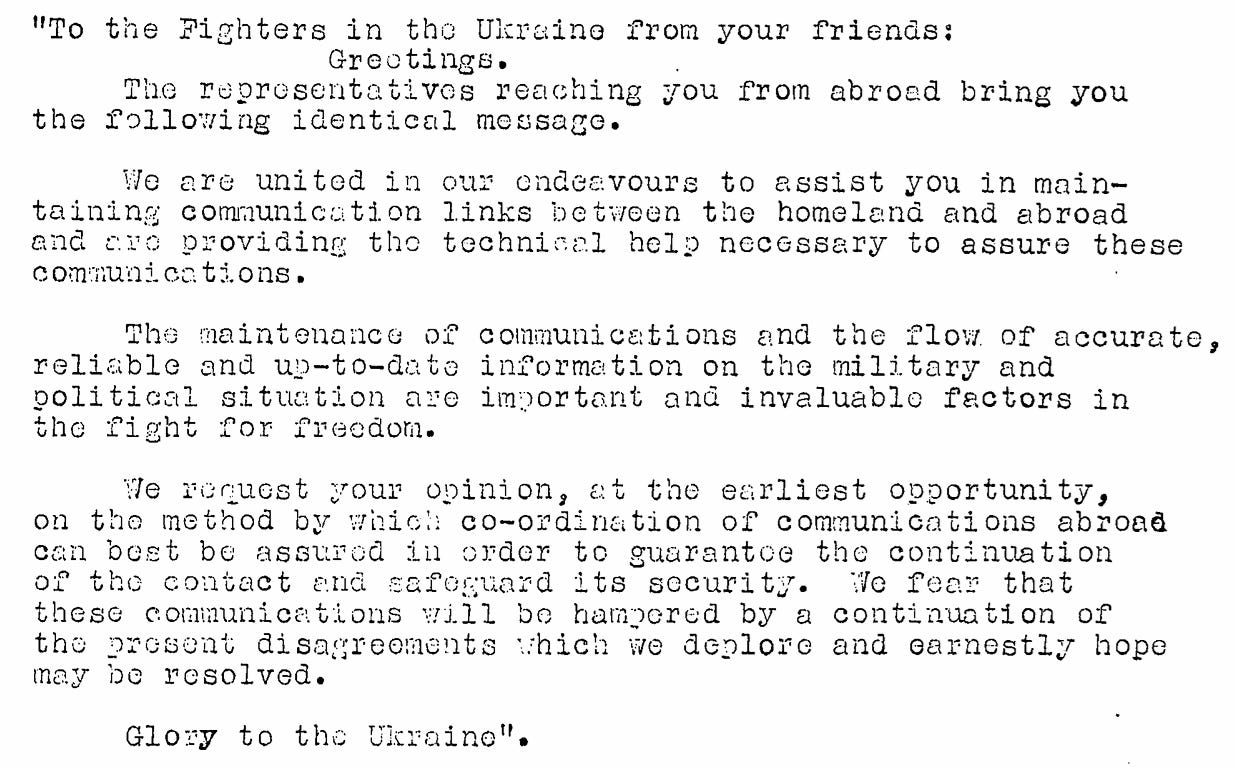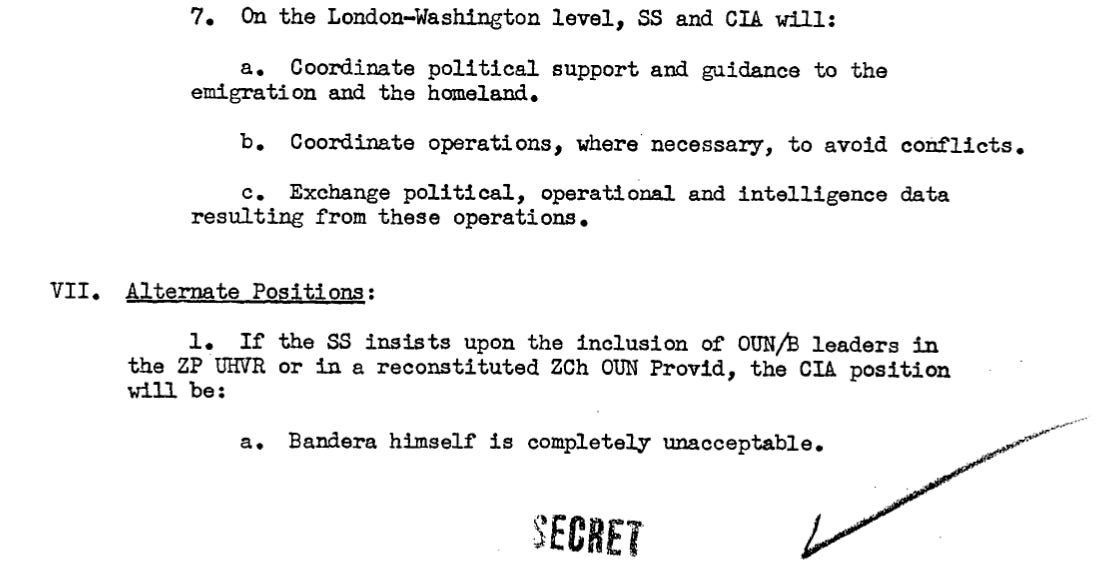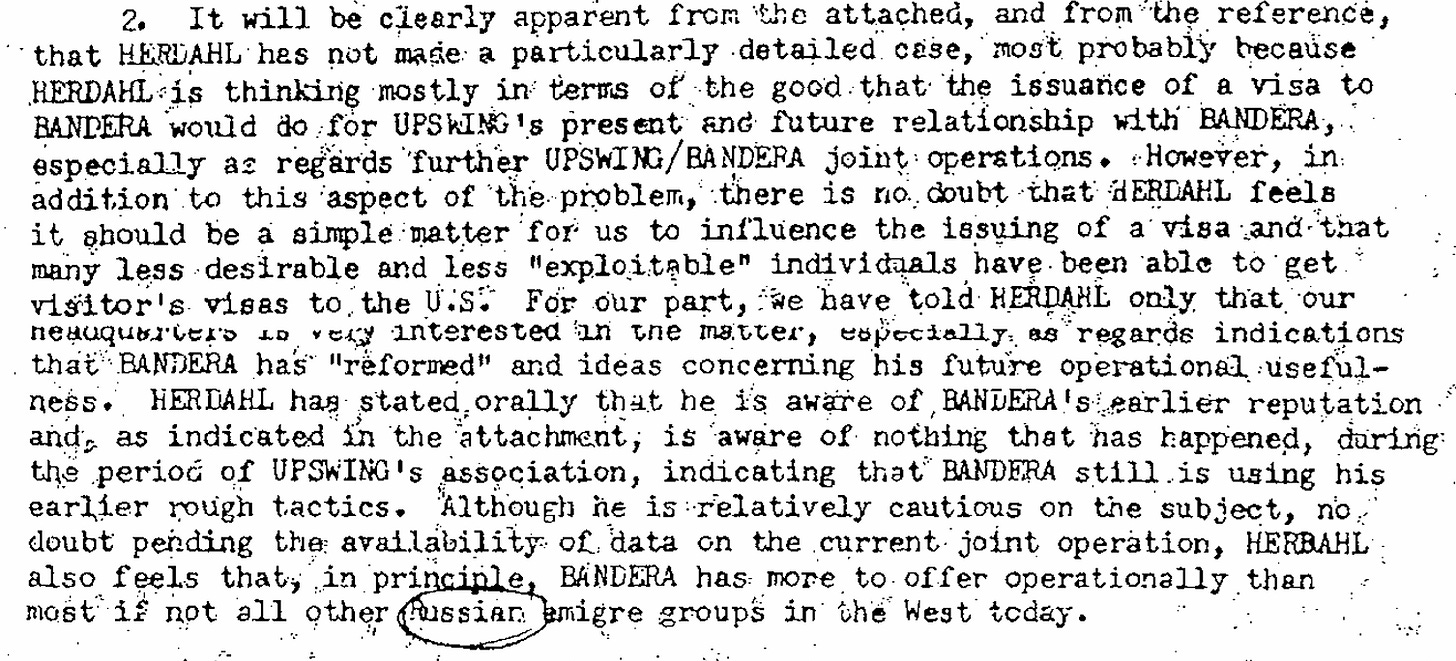By Ian Proud, Substack, 3/19/25
In a recent interview, Boris Johnson admitted that the Minsk 2 agreement fell apart because ‘the Ukrainian nationalists couldn’t accept the compromise’ that President Zelensky wanted to agree with President Putin. It also failed because sanctions policy against Russia both disincentivized Ukrainian compliance, and actively incentivised Ukrainian non-compliance.
Claiming that Russia reneged on the Minsk Agreements has been a standard attack line from the west in the past, including from Johnson. Johnson has simply revealed what many already knew, that it was also wilfully inaccurate.
A lot of people talk about the so-called Minsk Agreements, but few understand the background. They refer collectively to three sets of peace proposals between June 2014 and February 2015, which culminated in the signature of the second Minsk agreement, commonly known as Minsk 2. They had several aims, including to end the fighting in the Donbas, the limitation on the use of heavy weapons by both sides and to seal Ukraine’s border. Critically, all three proposals sought to maintain the territorial integrity of Ukraine by offering some form of devolution or special status to the separatist oblasts of Luhansk and Donetsk.
It’s important to state up front that the basis for the Minsk agreements was initiated by the Ukrainian side. After violence in the Donbas erupted in February 2014 following the deposal of former President Yanukovych, the separatist leaders in Luhansk and Donetsk orchestrated referenda on 11 May, which ruled in favour of self-rule.
These referenda voted in favour of separation from Kyiv but were roundly criticised as illegitimate. The Ukrainian armed forces went on the offensive in a so-called Anti-Terror Operation. However, on 21 June, President Petro Poroshenko advanced a peace plan that included creation of a military buffer zone on either side of the line of contact, the restoration of public services in Donetsk and Luhansk, an amnesty for separatists who had taken up arms.
Critically, the Ukrainian government advanced the notion that the two oblasts comprising the Donbas would be offered some form of special status. In addition to some form of self-rule, special status would also have afforded protection of the use of the Russian language. Special status would have kept Donetsk and Luhansk within the Ukrainian state.
This offer was welcomed by the Russian side and every indication at that time was that Russia’s primary goal was the protection of the Russian speaking population in Ukraine, with no desire to incorporate the Donbas given the huge cost.
By the start of July, the OSCE monitoring mission was reporting on an intensified Ukrainian military operation against the separatists. 5 July is the first time the OSCE reports on the deaths of civilians caused by the military operations, including the death of a five year old girl. By 6 July, Ukrainian forces have recaptured the towns of Sloviansk and Kramatorsk. They approach Donetsk city and a fierce battle erupts around the airport which is destroyed. Fighting then breaks out on the outskirts of Luhansk city.
By mid-July heavy military equipment is being moved into the Donbas from Russia, to resupply the separatists. On 17 July amid heavy fighting, flight MH17 is downed with the deaths of all 298 persons on board.
Throughout this period, the Ukrainian military operation continues with barely any let up in intensity. Doctors in Luhansk report 250 deaths and 850 injuries, including civilians during June and July 2014. The OSCE mission moves out of Luhansk on 21 July because of heavy Ukrainian shelling of the city. Severodonetsk falls to the Ukrainian military advance on 22 July. On 29 July, Ukrainian troops at a checkpoint fire warning shots at an OSCE vehicle in Luhansk.
That day, Poroshenko announces a 20km ceasefire to allow access to the MH17 site which has been inaccessible because of ongoing military operations. In early august, Luhansk authorities report that citizens in the affected area are no longer receiving Ukrainian state salaries and pensions. Ukraine is now using military aircraft for strikes on targets in urban areas destroying electricity supply in Luhansk. On 10 August the head of the so-called Donetsk People’s Republic proposes a ceasefire to avoid a humanitarian catastrophe. Shelling of urban areas continues from the Ukrainian side with reports of deaths and injuries to civilians.
On 16 August OSCE is trying to corroborate reports of Russian military convoys moving into the Donbas. Donetsk’s water supply is affected by Ukrainian shelling and further civilian casualties are reported. Towards late August, human rights abuses by ultra-nationalist Ukrainian Aidar battalion are being reported by the OSCE. Amnesty international later reports that Aidar has committed widespread abuses, including abductions, unlawful detention, ill-treatment, theft, extortion, and possible executions, some of which allegedly amount to war crimes. On 26 Augst there are reports that Ukrainian personnel are abusing members of the Ukrainian Orthodox Church under the Moscow Patriarchy.
By late August, almost daily shelling of urban areas in Luhansk and Donetsk is taking place, basic services are disrupted and access to food is restricted. On 29 August, the Ukrainian army surrounds a town of Ilovaisk, with the order – according to the BBC – to ‘wipe out’ the separatists within. However, what are believed to have been Russian army formations have encircled the Ukrainian troops encircling the town. Up to 400 Ukrainian soldiers are killed in the ensuing firefight as they struggle to escape.
Amidst signs that the Russian army is playing a more direct role in the conflict, the first Minsk agreement is signed on 5 September. It contains similar provisions to Poroshenko’s earlier peace plan, including the decentralisation of power, an amnesty for separatists and an inclusive ‘national dialogue’.
The line of contact between the Ukrainian armed forces and the separatist controlled parts of the Donbas largely stays firm over the coming months. However, there are repeated violations of the ceasefire and casualties on both sides, including civilian casualties in the separatist areas. At the start of 2015, Wagner troops from Russia assist in closing a pocket along the frontline at Debaltseve, a small transport hub, in a bloody battle that lasts for several weeks.
This prompts German Chancellor Angela Merkel and President of France, Francois Hollande to become directly involved in mediation. They meet with Presidents Poroshenko and Putin in Minsk on 14/15 February 2015, leading to the signature of the second Minsk Agreement, which people often refer to as Minsk 2. Two days later, the UN Security Council unanimously endorses the Minsk 2 agreement.
This second Minsk agreement is similar to previous agreements but, at Russian insistence, contains more extensive language on the need for devolution in the Donbass, including through the creation of a new Ukrainian constitution. Clauses 4, 8, 9, 11 and 12 all contain detailed provision about sequencing in devolution and resealing the border between Ukraine and Russia.
From British Embassy contacts with Russian officials, it is clear that there is still no desire on the Russian side to annex the Donbas, and that Minsk II is seen as resolving an essentially Ukrainian domestic problem.
Throughout the seven-year period to the start of war in Ukraine in February 2022, President Putin talks often about the need for the Ukrainian side to meets its obligations on devolution under the Minsk II agreement.
But the Ukrainian government never fulfils its obligations. A law on special status was initially passed in Ukraine on 16 September 2014 after the first Minsk agreement was signed. This passed with a narrow majority of four votes. Promised elections in the Donbas were not held and the laws faced immediate resistance including street protests involving the same nationalist groups liked Svoboda, the right sector and others.
It is quickly clear that there is little political appetite in Ukraine to tackle the increasingly powerful nationalists head on and push forward with special status in the Donbas. The reading of the special status law in the Verkhovna Rada in 2017 causes scuffles to break out and further street protests in Kyiv. When newly elected President Zelensky proposes adoption of a devolution law in 2019 he faced further public protests by nationalist elements in Kyiv and elsewhere. He quickly abandons any attempt to advance the matter. Just three weeks before war breaks out, Ukrainian Foreign Minister Dmytro Kuleba says in a press interview there will never be special status for the Donbas.
However, over the same period, European Union sanctions against Russia had been linked to the complete implementation of the Minsk agreement. Russia was not a party to most of the clauses of the Minsk agreement, which depended on Ukrainian policy in the Donbas. As such, Russia was on the hook for sanctions on the basis of decisions taken in Ukraine, in circumstances that disincentivised Ukrainian action. Clear action to make good on the promise of devolution in Donetsk and Luhansk would have led to widespread domestic political resistance in Ukraine while at the same time offering Russia sanctions relief. That was neither in Poroshenko nor Zelensky’s interest. Their lack of delivery on Minsk was also underwritten by the US and UK governments in particular that stuck to the narrative that Russia bore full responsibility for implementing Minsk. Western governments stay practically silent on the issue of Ukraine’s failure to meet its obligations.
The ‘Russia reneged on Minsk’ narrative remains powerful even today in western mainstream media coverage of the Ukraine war, in the context of efforts by the US to negotiate a peace. Boris Johnson has finally revealed the line to be wilfully inaccurate.
A copy of the Minsk 2 agreement is below. It is worth a read, to understand what exactly the Ukrainian government committed itself to deliver.
A list of measures to fulfil the Minsk Agreement, 15 February 2015
1. Immediate and comprehensive ceasefire in certain areas of the Donetsk and Luhansk regions of Ukraine and its strict implementation as of 15 February 2015, 12am local time.
2. Withdrawal of all heavy weapons by both sides by equal distances in order to create a security zone of at least 50km wide from each other for the artillery systems of caliber of 100 and more, a security zone of 70km wide for MLRS and 140km wide for MLRS Tornado-S, Uragan, Smerch and Tactical Missile Systems (Tochka, Tochka U): -for the Ukrainian troops: from the de facto line of contact; -for the armed formations from certain areas of the Donetsk and Luhansk regions of Ukraine: from the line of contact according to the Minsk Memorandum of Sept. 19th, 2014; The withdrawal of the heavy weapons as specified above is to start on day 2 of the ceasefire at the latest and be completed within 14 days. The process shall be facilitated by the OSCE and supported by the Trilateral Contact Group.
3. Ensure effective monitoring and verification of the ceasefire regime and the withdrawal of heavy weapons by the OSCE from day 1 of the withdrawal, using all technical equipment necessary, including satellites, drones, radar equipment, etc.
4. Launch a dialogue, on day 1 of the withdrawal, on modalities of local elections in accordance with Ukrainian legislation and the Law of Ukraine “On interim local self-government order in certain areas of the Donetsk and Luhansk regions” as well as on the future regime of these areas based on this law. Adopt promptly, by no later than 30 days after the date of signing of this document a Resolution of the Parliament of Ukraine specifying the area enjoying a special regime, under the Law of Ukraine “On interim self-government order in certain areas of the Donetsk and Luhansk regions”, based on the line of the Minsk Memorandum of September 19, 2014.
5. Ensure pardon and amnesty by enacting the law prohibiting the prosecution and punishment of persons in connection with the events that took place in certain areas of the Donetsk and Luhansk regions of Ukraine.
6. Ensure release and exchange of all hostages and unlawfully detained persons, based on the principle “all for all”. This process is to be finished on the day 5 after the withdrawal at the latest.
7. Ensure safe access, delivery, storage, and distribution of humanitarian assistance to those in need, on the basis of an international mechanism.
8. Definition of modalities of full resumption of socio-economic ties, including social transfers such as pension payments and other payments (incomes and revenues, timely payments of all utility bills, reinstating taxation within the legal framework of Ukraine). To this end, Ukraine shall reinstate control of the segment of its banking system in the conflict-affected areas and possibly an international mechanism to facilitate such transfers shall be established.
9. Reinstatement of full control of the state border by the government of Ukraine throughout the conflict area, starting on day 1 after the local elections and ending after the comprehensive political settlement (local elections in certain areas of the Donetsk and Luhansk regions on the basis of the Law of Ukraine and constitutional reform) to be finalized by the end of 2015, provided that paragraph 11 has been implemented in consultation with and upon agreement by representatives of certain areas of the Donetsk and Luhansk regions in the framework of the Trilateral Contact Group.
10. Withdrawal of all foreign armed formations, military equipment, as well as mercenaries from the territory of Ukraine under monitoring of the OSCE. Disarmament of all illegal groups.
11. Carrying out constitutional reform in Ukraine with a new constitution entering into force by the end of 2015 providing for decentralization as a key element (including a reference to the specificities of certain areas in the Donetsk and Luhansk regions, agreed with the representatives of these areas), as well as adopting permanent legislation on the special status of certain areas of the Donetsk and Luhansk regions in line with measures as set out in the footnote until the end of 2015.
12. Based on the Law of Ukraine “On interim local self-government order in certain areas of the Donetsk and Luhansk regions”, questions related to local elections will be discussed and agreed upon with representatives of certain areas of the Donetsk and Luhansk regions in the framework of the Trilateral Contact Group. Elections will be held in accordance with relevant OSCE standards and monitored by OSCE/ODIHR.
13. Intensify the work of the Trilateral Contact Group including through the establishment of working groups on the implementation of relevant aspects of the Minsk agreements. They will reflect the composition of the Trilateral Contact Group.
